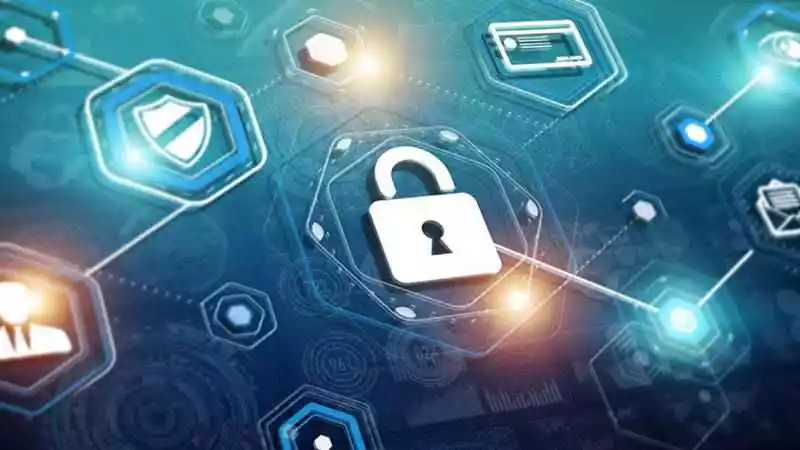You must protect your data whenever you do anything online. You don’t want any sensitive information about you, your financial details, or any clients you may have to get into the hands of someone you haven’t authorized to use them. Yet it may be that you’re unknowingly giving these people exactly what they want.
What can you do to make sure your data isn’t leaked? There are plenty of things you should do to ensure you and your data are safe – here are some of the tasks that you may wish to carry out right now.
Clear your cache
Don’t underestimate how much the cache on your browser knows about you. Your web history saved searches, and cookies could indicate your address, family facts, and other personal details. So, make sure that you delete your browser cookies and clear your history regularly, which will then better protect what information may be in your web history. There are some programs available that can automatically clear your saved browser data on how often you wish.
Don’t fall for clickbait
This isn’t just about cat videos and snappy article headlines – but it can also include links in emails, messaging apps, and social media channels. Phishing links can mean malware is automatically downloaded onto your device and infect it.
Following these Malware detection steps means you can protect your information and keep your business safe from a cyber-attack. Detecting malware swiftly will help limit any losses and damages that may occur to your brand.
Check your privacy settings
Go to the websites you use the most frequently to see what privacy levels you have set on there; this is especially crucial with social media. If you have personal information on your profiles, then think about either reducing, removing, or hiding it.
Also, unsubscribe from any email newsletters you don’t read, as this will reduce available data for personal profiling. Have a secondary email address to use just for site registrations – not only will this keep your personal inbox clear, but also misdirect those using this information for personal profiling.
Keep your browsing secret
Use a VPN to obscure your personal information from those who may be on an unsecured public network if you use free public WiFi hotspots. Use a service that you pay for and trust to keep your privacy. Once home, browse in either private or incognito mode.
Use two-factor authentication on financial and email accounts
Check your account settings to ensure this is enabled. It may be that businesses, such as your bank, may require you to do this already – you might need to input a code that’s been texted to you if you log in from a new location, for instance.
Don’t give out your information
If you’re contacted by a retailer, government agency or charity asking for your personal details, then it could be a phishing scam – even if it seems real. So, don’t give out your information and, if you believe a request is legitimate, look up the organization’s phone number separately and call them back.
